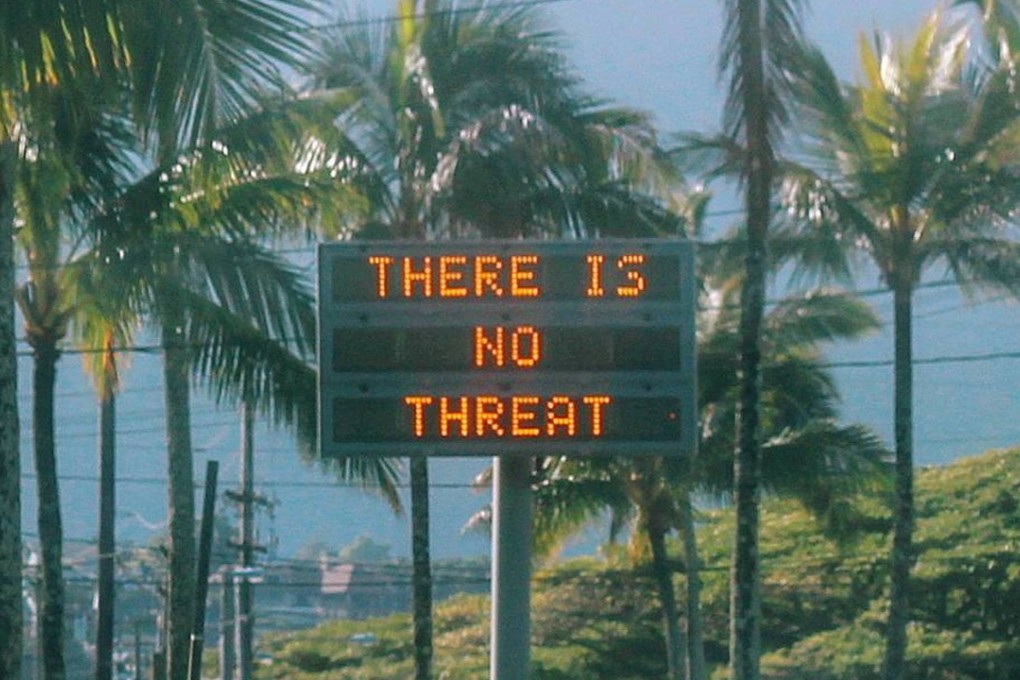Make attack alerts as foolproof as possible
Alert systems to warn of nuclear or terrorist attacks are not foolproof as seen recently in Japan and Hawaii, which is why mechanisms must be reviewed

Japan and the United States should have sturdy alert systems given the threats posed by North Korea. Recent false alarms sent from a Japanese television station’s social media account and the state of Hawaii showed that mistakes can too easily happen.
Corrective measures have been put in place, but the confusion, panic and disorder that resulted proved preparedness is not as it should be. Amid so many uncertainties, the incidents are lessons for China and other governments in the region to ensure that planning and testing for emergencies is robust.
Japanese, their nation prone to natural disasters, are used to emergency drills and alerts. North Korea’s firing of two missiles over Hokkaido last year has increased tensions. How many of the 300,000 followers of public broadcaster NHK’s account responded to its erroneous warning to seek shelter as another missile appeared to have been fired is not known. But the mistake was retracted and an apology issued within minutes and the member of staff responsible quickly identified. Human error can never be discounted, even in a nation as prepared as Japan.
Hawaii is similarly on edge now that the North has fired missiles capable of hitting the US island and reaching the American mainland. The accidental activation of the alert system sent many residents scrambling, with some even hiding in sewers.